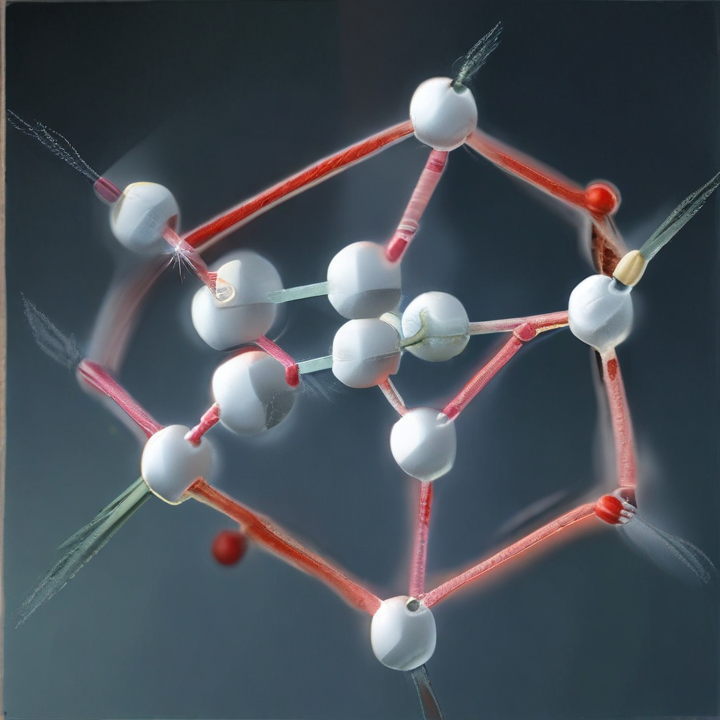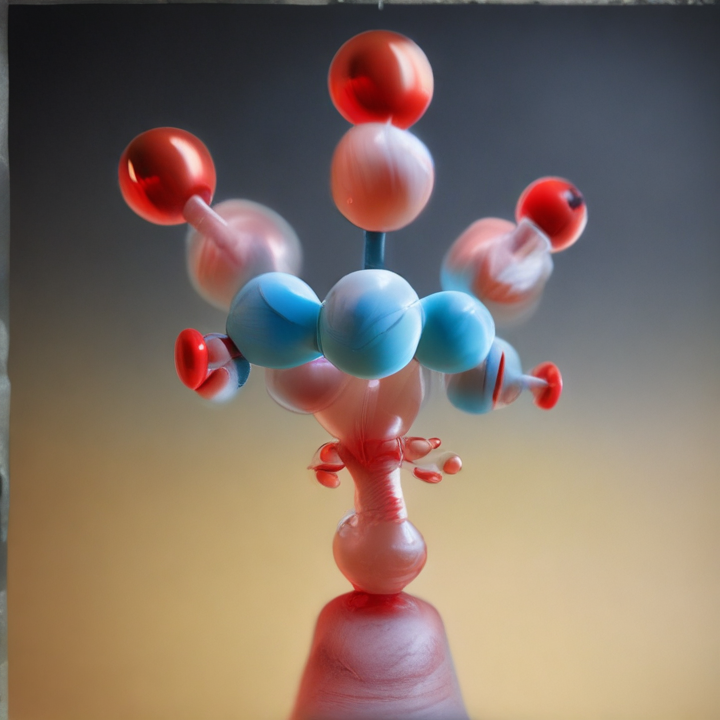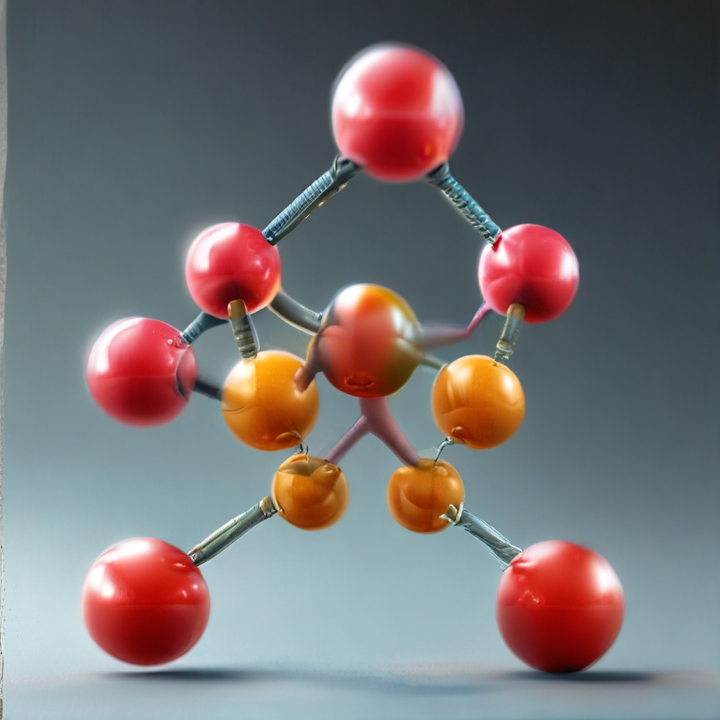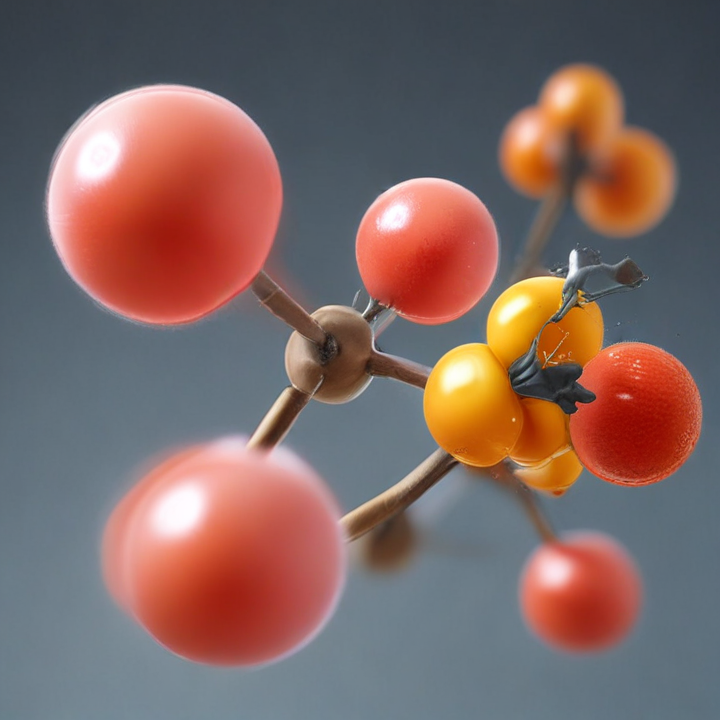betacarotene controindicazioni Safety Certifications
Beta-carotene, a precursor to vitamin A found in various fruits and vegetables, is generally considered safe when consumed through a balanced diet. However, there are some contraindications and safety considerations to be mindful of, particularly when taken as a supplement.
Contraindications:
1. Smokers and Former Smokers: High doses of beta-carotene supplements have been linked to an increased risk of lung cancer in smokers and those with a history of smoking. Therefore, individuals in these categories should avoid beta-carotene supplementation.
2. Medical Conditions: People with specific medical conditions such as hypervitaminosis A (an excess of vitamin A) or liver disease should avoid high doses of beta-carotene supplements, as they can exacerbate these conditions.
3. Pregnancy and Breastfeeding: While beta-carotene from dietary sources is generally safe, pregnant and breastfeeding women should consult a healthcare provider before taking beta-carotene supplements, as high doses may impact fetal development.
Safety Certifications:
When it comes to beta-carotene supplements, look for products that have been certified by reputable organizations to ensure their safety and quality. Some certifications to consider include:
1. Good Manufacturing Practices (GMP): This certification ensures that the product is consistently produced and controlled according to quality standards.
2. United States Pharmacopeia (USP): The USP verification mark indicates that the product has been tested for quality, purity, and potency.
3. NSF International: An NSF certification signifies that the product meets strict standards for public health protection.
4. ConsumerLab.com: This independent testing organization provides third-party verification of supplement quality and labeling accuracy.
While beta-carotene is a valuable nutrient with various health benefits, it’s essential to consume it responsibly, especially if opting for supplementation. Always consult a healthcare provider for personalized advice, particularly if you have any pre-existing medical conditions or concerns.
List Reference Technical Parameters of “betacarotene controindicazioni”
Sure, here is a structured and concise overview of the technical parameters related to “betacarotene controindicazioni” or beta-carotene contraindications:
1. Definition and Sources:
– Beta-Carotene: A precursor of Vitamin A (retinol), found in colorful fruits and vegetables like carrots, sweet potatoes, and spinach.
2. Dosage and Usage:
– Typical advised dosages range from 6-15 mg per day, depending on dietary requirements and individual health status.
– Supplements are available in various forms including capsules, gel capsules, and tablets.
3. Contraindications:
– Smoking: High doses of beta-carotene supplements are contraindicated for smokers due to increased risk of lung cancer, as shown in studies like the ATBC and CARET trials.
– Heavy Drinkers: Similar risks as smokers, due to potential liver toxicity when combined with heavy alcohol consumption.
– Underlying Health Conditions:
– Liver disease: High doses might exacerbate pre-existing liver conditions.
– Certain types of cancers: High intake may affect cancer risk; consultation with healthcare providers is critical.
– Pregnancy and Breastfeeding: Excessive amounts are not recommended due to potential toxicity and harm to the fetus or baby.
4. Adverse Effects:
– Carotenemia: A harmless condition where the skin turns yellowish due to excessive consumption.
– Possible Toxicity: Overuse can lead to hypervitaminosis A, with symptoms like dizziness, nausea, and even increased risk of bone fractures over long periods.
– Interactions with Medications: Potential interactions with statins and other cholesterol-lowering medications, reducing their efficacy.
5. Monitoring and Evaluation:
– Regular monitoring of blood levels in individuals consuming high doses is recommended.
– Periodic liver function tests for those at risk of liver conditions.
6. Clinical Recommendations:
– Advised to obtain beta-carotene primarily from dietary sources rather than supplements, especially for individuals with risk factors.
– Medical consultation is necessary before beginning any new supplement regimen, particularly for those with existing health conditions or lifestyle risks (smoking, heavy drinking).
Beta-carotene’s benefits and risks can vary significantly based on individual health status and consumption levels, underscoring the importance of professional guidance in its use.
List Product features of “betacarotene controindicazioni”
Betacarotene, a precursor of vitamin A, is commonly consumed for its antioxidant properties and potential health benefits. However, like any supplement, it has certain contraindications that users should be aware of. Here are the key contraindications and considerations for Betacarotene:
1. Smokers and Former Smokers:
– High intake of betacarotene supplements has been linked to an increased risk of lung cancer in people who smoke or have smoked in the past. Therefore, they should avoid betacarotene supplements.
2. Pregnancy and Breastfeeding:
– While dietary betacarotene is generally considered safe, high doses from supplements during pregnancy and breastfeeding should be avoided unless prescribed by a healthcare provider.
3. Excessive Dosage:
– Overconsumption can lead to carotenodermia, a condition where the skin turns yellow-orange. Though not harmful, it indicates excessive intake of betacarotene.
4. Liver Disease:
– Individuals with liver disease should be cautious with synthetic betacarotene supplements as they may exacerbate liver problems.
5. Interactions with Medications:
– Betacarotene can interact with certain medications, such as statins and niacin, potentially altering their effectiveness or increasing side effects. Consultation with a healthcare provider is recommended before starting supplements.
6. Hypersensitivity:
– Some people may be allergic or hypersensitive to betacarotene supplements, leading to adverse reactions.
7. Malabsorption Syndromes:
– Individuals with conditions that impair fat absorption (e.g., cystic fibrosis, Crohn’s disease) may have difficulty absorbing betacarotene from supplements, necessitating alternative forms of vitamin A supplementation.
8. Cancer Treatment:
– People undergoing cancer treatment should consult their oncologist before taking betacarotene supplements, as high doses may interfere with certain chemotherapy medications.
9. Diabetes:
– Some studies suggest that high doses of betacarotene supplements may have adverse effects on glucose metabolism, warranting caution in diabetic individuals.
Careful consideration of these contraindications is necessary to ensure the safe and effective use of betacarotene supplements. Always seek medical advice before beginning any new supplement regimen.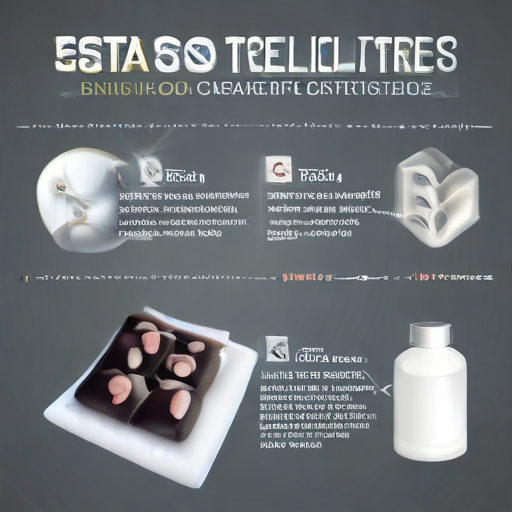
List Various Types of “betacarotene controindicazioni”
Beta-carotene, a precursor of vitamin A, offers numerous health benefits but also has potential contraindications. Here are some key types:
1. Smoking:
– High doses of beta-carotene supplements have been linked to an increased risk of lung cancer in smokers and former smokers. Studies, such as the CARET and ATBC trials, have shown that supplementation may exacerbate the risk.
2. Liver Disease:
– Those with liver disease should exercise caution, as the liver converts beta-carotene to vitamin A. Excessive intake might lead to liver strain or hypervitaminosis A.
3. Diabetes:
– Some research suggests beta-carotene might interfere with blood sugar control. People with diabetes should be cautious and consult healthcare providers before supplementing.
4. Medications Interaction:
– Beta-carotene can interact with certain medications, such as statins or niacin, potentially diminishing their effectiveness or causing adverse effects.
5. Allergic Reactions:
– Though rare, beta-carotene supplements can cause allergic reactions, leading to symptoms like rash, itching, or swelling.
6. Pregnancy and Breastfeeding:
– While beta-carotene from dietary sources is generally safe, high-dose supplements may pose risks. It’s crucial for pregnant or breastfeeding women to consult a healthcare professional before use.
7. Hypercarotenemia:
– Excessive intake can cause hypercarotenemia, a condition where the skin turns yellow-orange. Though not harmful, it indicates an imbalance that should be addressed.
8. Prostate Health:
– Some studies suggest that high doses of beta-carotene might increase the risk of aggressive prostate cancer. Men should be mindful of their intake.
Given these potential contraindications, it’s crucial to approach beta-carotene supplementation with caution, particularly under medical guidance, to ensure safety and efficacy.
List Application of “betacarotene controindicazioni”
Beta-carotene is a red-orange pigment found in plants and fruits, especially carrots and colorful vegetables. It is a precursor to vitamin A and is used for its antioxidant properties and potential health benefits. However, there are certain applications where beta-carotene is contraindicated due to potential risks and adverse effects. Below are some of these contraindications:
1. Smokers and Former Smokers: High doses of beta-carotene supplements have been linked to an increased risk of lung cancer in smokers and former smokers. Studies such as the Alpha-Tocopherol, Beta-Carotene Cancer Prevention (ATBC) trial and the Beta-Carotene and Retinol Efficacy Trial (CARET) have shown increased incidence of lung cancer among this group when taking high doses of beta-carotene.
2. People with Asbestos Exposure: Similar to smokers, individuals exposed to asbestos may have an increased risk of lung cancer when taking beta-carotene supplements.
3. Pregnancy: While beta-carotene is essential for fetal development and generally safe when consumed through diet, there is caution against high-dose supplementation during pregnancy due to potential toxicity and teratogenic effects. It’s always recommended to consult a healthcare professional before taking any supplement during pregnancy.
4. Liver Disease: People with liver conditions should avoid high doses of beta-carotene supplements since their bodies may have difficulty processing and storing excess vitamin A, potentially leading to toxicity.
5. Hypervitaminosis A: Individuals who already have high levels of vitamin A in their bodies should avoid beta-carotene supplementation to prevent worsening of hypervitaminosis A, which can lead to serious health problems such as liver damage, dry skin, and headaches.
6. Drug Interactions: Beta-carotene may interact with certain medications, such as statins and niacin, potentially altering their efficacy or safety. It’s crucial to consult a healthcare provider before starting beta-carotene supplements if you are on these or other medications.
In summary, while beta-carotene has numerous health benefits, caution is advised for certain groups to avoid adverse effects and interactions. Always consult with a healthcare professional before starting any new supplement regimen.
List Buyer Types of “betacarotene controindicazioni”
When discussing the buyer types for “betacarotene controindicazioni,” which translates from Italian as “beta-carotene contraindications,” you can generally categorize them into the following groups:
1. Healthcare Professionals:
– Doctors: General practitioners, nutritionists, and specialists who provide guidance on supplements and their potential contraindications.
– Pharmacists: Retail and clinical pharmacists interested in understanding the interactions and risks associated with beta-carotene supplements.
– Researchers: Professionals studying the effects of beta-carotene as part of clinical research or public health initiatives.
2. Health-Conscious Consumers:
– Supplement Users: Individuals who regularly take supplements and are concerned about possible side effects or contraindications related to beta-carotene.
– Diet Enthusiasts: People who focus on maintaining a balanced diet and might use beta-carotene as part of their nutrition regimen.
3. Individuals with Specific Health Conditions:
– Patients with Autoimmune Disorders: Those who need to avoid beta-carotene due to risks of exacerbating their conditions.
– Smokers and Former Smokers: People aware that high doses of beta-carotene may increase the risk of lung cancer in smokers.
– Pregnant Women: Expecting mothers who need to know the safe levels of beta-carotene consumption during pregnancy.
4. Caregivers and Family Members:
– Parents: Looking for contraindications regarding beta-carotene for their children.
– Elder Caregivers: Those responsible for the elderly, assessing the risks and benefits of beta-carotene supplements for aged family members.
5. Health and Wellness Influencers:
– Bloggers/Vloggers: Online content creators who educate their audience about dietary supplements and possible health risks.
– Fitness Trainers and Coaches: Professionals advising clients on supplementation as part of fitness programs.
Understanding these buyer types helps tailor content and advice around the implications and contraindications of beta-carotene, ensuring the information meets the specific needs of each group.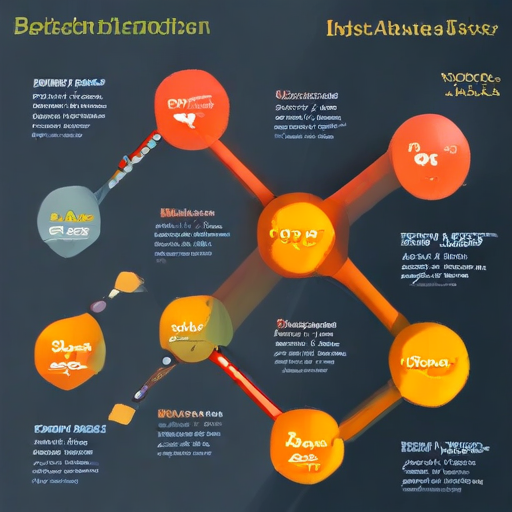
List “betacarotene controindicazioni” Project Types for Different Industries
Certainly! Here’s a concise overview of “betacarotene controindicazioni” or “beta-carotene contraindications” project types across different industries, summarized in fewer than 300 words:
Pharmaceutical Industry
1. Clinical Trials: Evaluating adverse effects of beta-carotene supplementation in high-risk populations.
2. Drug Interaction Studies: Investigating interactions between beta-carotene and other medications.
3. Risk Assessment: Analyzing contraindications for beta-carotene in patients with specific health conditions like lung cancer or smokers.
Healthcare & Medical Research
1. Epidemiological Studies: Linking beta-carotene intake levels to health outcomes in different populations.
2. Patient Education Programs: Developing materials and guides on beta-carotene risks and benefits for various demographics.
3. Nutritional Interventions: Creating tailored dietary plans considering beta-carotene contraindications for specific patient groups.
Food & Beverage Industry
1. Product Formulation: Designing food supplements considering safe levels of beta-carotene to mitigate health risks.
2. Regulatory Compliance: Ensuring product labels and advertising comply with health warnings about beta-carotene intake.
3. Consumer Awareness Campaigns: Educating consumers about the potential risks of excessive beta-carotene consumption, particularly among smokers.
Cosmetic Industry
1. Topical Applications Research: Assessing the safety and contraindications of beta-carotene in skincare products.
2. Regulatory Documentation: Preparing safety reports for beta-carotene-infused products to meet regulatory standards.
3. Consumer Safety Education: Creating informational content about the potential skin reactions from beta-carotene-containing cosmetics.
Agricultural and Biotechnology
1. Biofortification Studies: Researching the impact of beta-carotene enriched crops on human health, including potential contraindications.
2. Animal Feed Development: Evaluating the safety of beta-carotene supplementation in livestock feed.
3. Sustainability Projects: Balancing crop fortification with beta-carotene and its contraindications to ensure public health safety.
Each industry tailors its beta-carotene contraindication projects to address its unique challenges and regulatory requirements, ensuring the well-being of consumers and patients.
betacarotene controindicazioni Accessories Upgrades and Custom Manufacturing Options
Beta-carotene, a precursor of vitamin A, is often recommended for its antioxidant properties and potential benefits for vision and skin health. However, its consumption is not without possible contraindications, especially when taken in large doses or by certain populations.
Contraindications of Beta-Carotene
1. Smokers and Former Smokers: High doses of beta-carotene have been associated with an increased risk of lung cancer in smokers and former smokers. It is advised that individuals in these categories avoid high-dose supplements.
2. Pregnancy: Although beta-carotene from natural sources like fruits and vegetables is generally considered safe, high-dose supplements should be avoided during pregnancy due to potential risks.
3. Liver Disease: Individuals with liver disease should exercise caution, as excess beta-carotene can accumulate in the liver and exacerbate the condition.
4. Vitamin A Toxicity: While beta-carotene itself is not toxic, excessive conversion to vitamin A can lead to hypervitaminosis A, causing symptoms such as dizziness, nausea, joint pain, and even serious liver damage.
Accessories, Upgrades, and Custom Manufacturing Options
When considering health supplements like beta-carotene, several product accessories and customization options can enhance user experience and efficacy:
1. Capsule Form: Offers precise dosage control and better bioavailability. Customization options could include vegan capsules, enteric coating for delayed release, and different dosage strengths.
2. Liquid Form: For those who have difficulty swallowing pills, liquid beta-carotene is an excellent alternative. Custom flavors and concentrations can be tailored to individual needs.
3. Combos and Blends: Formulating beta-carotene with other antioxidants like Vitamin E, C, or Selenium can enhance its efficacy. Personalized blends tailored to specific health needs are also available.
4. Packaging Solutions: Custom packaging, such as single-use sachets or eco-friendly bottles, can be designed based on individual preferences or marketing needs.
In summary, while beta-carotene offers promising health benefits, it’s essential to consider its contraindications. For those seeking to integrate beta-carotene into their regimen, numerous accessories and customization options are available to optimize its safe and effective use.
List Quality Control and The Manufacturing Process of “betacarotene controindicazioni”
Quality Control and The Manufacturing Process of Betacarotene
Manufacturing Process:
1. Raw Material Selection: High-quality sources of beta-carotene, such as carrots, sweet potatoes, or synthetic sources, are selected.
2. Extraction: For natural sources, beta-carotene is extracted using solvent extraction, followed by purification. For synthetic production, a chemical synthesis process is employed.
3. Purification: The extracted or synthesized beta-carotene undergoes purification to remove any impurities. Techniques such as crystallization or chromatography are employed.
4. Formulation: The purified beta-carotene is formulated into various product forms (powders, capsules, emulsions, etc.), depending on the intended use.
5. Encapsulation: To protect beta-carotene from oxidation and extend its shelf life, encapsulation techniques like spray drying or beadlet technology are used.
Quality Control:
1. Raw Material Testing: Comprehensive testing for purity, potency, and contaminants is done on the raw materials before commencing production. This includes identification tests, assay of beta-carotene, and checks for heavy metals, pesticides, and microbial contamination.
2. In-process Controls: During manufacturing, stringent controls ensure consistency and quality, such as monitoring critical parameters like temperature, pH, and solvent residues.
3. Purity and Potency Tests: Advanced analytical techniques like High-Performance Liquid Chromatography (HPLC) are employed to ensure the correct concentration and purity of beta-carotene.
4. Microbial Testing: Finished products undergo microbial testing to confirm they are free from harmful bacteria and fungi.
5. Stability Testing: Product samples are subjected to stability studies to ensure that beta-carotene retains its potency and purity over its shelf life.
6. Final Product Testing: Each batch of the final product is tested for compliance with specifications, including texture, color, and dissolution (for capsules and tablets).
Packaging and Storage:
The product is packaged in a light-resistant, airtight container to prevent degradation from light and air. Proper storage conditions—cool and dry environments—are maintained to preserve the quality of beta-carotene.
Documentation:
Detailed records of quality control tests, batch production, and test results are maintained to ensure traceability and regulatory compliance.
This stringent quality control and meticulous manufacturing process ensure that beta-carotene products are safe, effective, and of high quality.
How to use “betacarotene controindicazioni”
Beta-carotene is a type of carotenoid, a pigment found in plants that gives them their red, yellow, and orange colors. It’s a precursor to vitamin A and has antioxidant properties. While beta-carotene supplements can be beneficial, they are not suitable for everyone and can have contraindications.
Contraindications of Beta-Carotene:
1. Smokers and Former Smokers: High doses of beta-carotene supplements have been linked to an increased risk of lung cancer in smokers and former smokers.
2. Pregnancy and Breastfeeding: Pregnant and breastfeeding women should consult healthcare providers before taking beta-carotene supplements to ensure they are necessary and safe.
3. Medications Interaction: Beta-carotene can interact with certain medications, including cholesterol-lowering drugs (statins), mineral oil, and orlistat (a weight loss medication), potentially reducing their efficacy or increasing the risk of side effects.
4. Liver Disease: Individuals with liver diseases should use beta-carotene supplements cautiously, as excessive intake can put additional stress on the liver.
5. Skin Disorders: Beta-carotene can interact with certain conditions like hypercarotenemia, where excessively high levels of carotene are stored in the skin, leading to a yellowish skin tone.
6. Other Health Conditions: Those with specific health conditions such as diabetes or hypothyroidism may need to avoid beta-carotene supplements or use them under medical supervision.
Usage Guidelines:
– Consult a Doctor: Always talk to a healthcare provider before beginning any new supplement, especially if you fall into one of the contraindicated categories.
– Natural Sources: Opt for beta-carotene from natural sources like carrots, sweet potatoes, and spinach whenever possible, as these are generally safer and come with additional nutrients.
– Dosage: Follow the recommended dosage on the supplement label or as prescribed by a healthcare professional to avoid overconsumption.
In conclusion, while beta-carotene has many health benefits, it’s essential to use it wisely and be aware of the potential contraindications and interactions.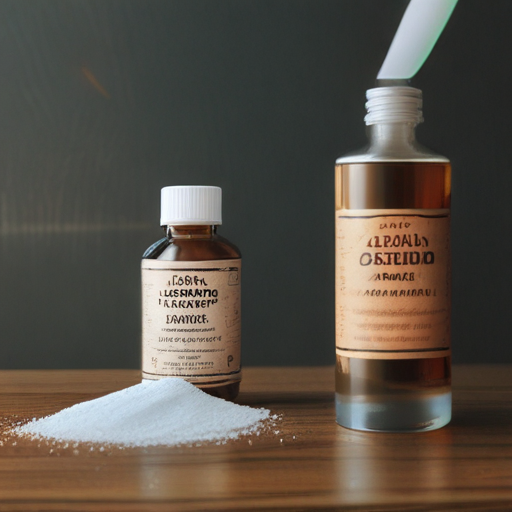
“betacarotene controindicazioni” Comparative Analysis
Beta-carotene, a precursor of vitamin A, is a popular dietary supplement known for its potential health benefits, including supporting vision, immune function, and skin health. However, its use is not devoid of contraindications and potential risks, especially when consumed in high amounts or by specific populations. Here’s a comparative analysis of the contraindications associated with beta-carotene.
1. Smokers and Asbestos Workers:
Studies have shown that high doses of beta-carotene supplements (20-30 mg/day) can increase the risk of lung cancer in smokers and asbestos-exposed individuals. The ATBC (Alpha-Tocopherol, Beta-Carotene) study and the CARET (Carotene and Retinol Efficacy Trial) found significant increases in lung cancer incidence among these groups. Therefore, beta-carotene supplementation is contraindicated for smokers and those exposed to asbestos.
2. Hypervitaminosis A:
Excessive beta-carotene intake can lead to hypervitaminosis A, a condition of excessive vitamin A accumulation, causing symptoms like dizziness, nausea, headaches, and even more severe health issues. Unlike vitamin A, beta-carotene itself generally doesn’t cause toxicity, but in very high doses, it can still be harmful due to excessive conversion to vitamin A.
3. Liver Disease:
Individuals with liver disease should exercise caution with beta-carotene supplements. The liver is crucial for converting beta-carotene to vitamin A. Impaired liver function can lead to inefficient conversion and potential build-up, risking toxicity.
4. Drug Interactions:
Beta-carotene can interact with various medications, including statins and certain cancer therapies, potentially diminishing their effectiveness. It’s recommended to consult a healthcare provider before starting supplements if on medication.
5. Carotenemia:
High doses of beta-carotene can cause carotenemia, characterized by yellow-orange discoloration of the skin. Although not dangerous, it can be alarming and cosmetically unappealing.
In conclusion, while beta-carotene has several health benefits, its supplementation should be approached with caution, particularly among smokers, individuals with liver conditions, and those on specific medications. Moderation and medical consultation are key to avoiding adverse effects.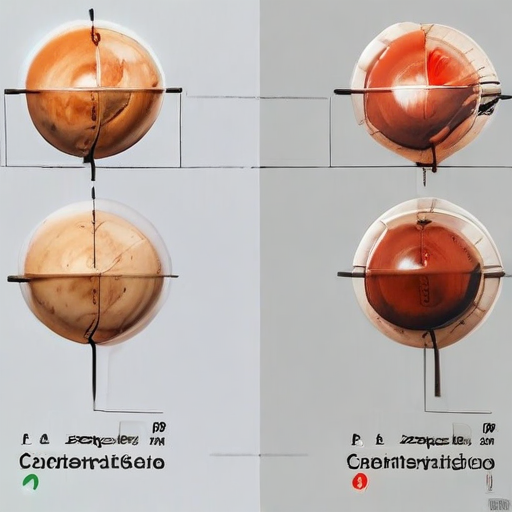
“betacarotene controindicazioni” Warranty and Support
Beta-Carotene Contraindications: Warranty and Support
Beta-carotene, a precursor to vitamin A found in various fruits and vegetables, is often used as a dietary supplement for its antioxidant properties and to enhance vision health. However, it is important to be aware of certain contraindications and potential side effects associated with its use.
Contraindications
1. Smokers and Former Smokers: Studies have shown that high doses of beta-carotene supplements can increase the risk of lung cancer in smokers and former smokers. It is advised that individuals in this category avoid beta-carotene supplementation.
2. Heavy Alcohol Consumption: Individuals who consume large quantities of alcohol may experience adverse effects when taking beta-carotene supplements, as this combination can increase the risk of liver damage and other health issues.
3. Pregnancy and Breastfeeding: While beta-carotene obtained from dietary sources is generally considered safe, pregnant or breastfeeding women should consult a healthcare provider before using beta-carotene supplements to avoid any potential risks to the fetus or infant.
4. Liver Disease: Those with existing liver conditions should exercise caution, as high doses of beta-carotene might exacerbate liver dysfunction.
Warranty and Support
Regarding beta-carotene supplements, it is essential to purchase products from reputable manufacturers who offer transparent ingredient information and quality assurance. Many reputable brands offer warranties and customer support to ensure consumer satisfaction and safety.
– Warranty: Check if the product comes with a satisfaction guarantee or a return policy. This ensures that you can return the product if it does not meet your expectations or causes adverse effects.
– Support: Look for companies that provide comprehensive customer support. This includes access to customer service representatives who can answer questions about the product, including dosage, potential interactions, and safety concerns.
To sum up, while beta-carotene can offer significant health benefits, it is crucial to be aware of the contraindications and to choose supplements from reputable sources that provide strong warranty and support options. Always consult with a healthcare provider before starting any new supplement regimen.
List “betacarotene controindicazioni” FAQ
FAQ: Betacarotene Contraindications
1. What is betacarotene?
Betacarotene is a red-orange pigment found in plants and fruits, particularly carrots and colorful vegetables. It’s a precursor to vitamin A (retinol) and is known for its antioxidant properties.
2. Are there any common contraindications associated with betacarotene?
Yes, certain conditions and circumstances can make the use of betacarotene less advisable or even dangerous:
– Smoking: High doses of betacarotene supplements have been linked to an increased risk of lung cancer in smokers.
– Pregnancy and Breastfeeding: Consultation with a healthcare provider is recommended to avoid excessive intake, as high doses can be harmful.
– Hypersensitivity: People with known allergies to betacarotene or its sources should avoid it.
– Liver Disease: Excessive intake might worsen liver conditions.
3. Who should avoid taking betacarotene supplements?
Individuals within these categories should be particularly cautious:
– Smokers and Former Smokers: Due to the increased risk of lung cancer.
– Heavy Drinkers: Alcohol may interact negatively with betacarotene.
– Those with Genetic Disorders: Conditions like hypercarotenemia or certain enzyme deficiencies might be aggravated.
4. Are there side effects to watch out for?
Common side effects of excessive betacarotene include:
– Carotenodermia: Yellowing of the skin, which is typically harmless and reversible.
– Gastrointestinal Issues: Such as stomach pain, diarrhea, and nausea in high doses.
5. How can one minimize risks?
– Moderate Dosage: Stick to the recommended dietary allowance (RDA).
– Dietary Sources: Prefer obtaining betacarotene through a balanced diet rich in fruits and vegetables.
– Consult Healthcare Providers: Especially if you have any underlying health conditions or are taking other medications.
6. Can betacarotene interact with other medications?
Yes, betacarotene can interact with certain medications, such as:
– Statins: Used for lowering cholesterol.
– Mineral Oil Laxatives: May reduce absorption of betacarotene.
Always inform your healthcare provider about all supplements and medications you are taking.

Top 10 FAQ with answer about betacarotene controindicazioni for Buyer Sourcing from China
Certainly! When sourcing beta-carotene from China, addressing potential contraindications and safety concerns is crucial. Here are the top 10 FAQs with concise answers:
1. What is beta-carotene?
Beta-carotene is a pigment found in plants that converts to vitamin A in the body, essential for vision, growth, and immune function.
2. What are the common contraindications for beta-carotene?
Beta-carotene supplements are contraindicated in smokers and those with a history of asbestos exposure due to an increased risk of lung cancer.
3. Can high doses of beta-carotene be harmful?
Yes, excessive intake can cause carotenodermia, causing a yellow-orange discoloration of the skin. It may also increase oxidative stress in smokers.
4. Are there any interactions with medications?
Beta-carotene can interact with statins, reducing their effectiveness, and may also affect the absorption of other carotenoids.
5. What should pregnant or breastfeeding women know?
High doses should be avoided, as the safety of beta-carotene supplements in pregnancy and breastfeeding has not been established.
6. How can I ensure the quality of beta-carotene sourced from China?
Look for suppliers who comply with Good Manufacturing Practices (GMP), and check for third-party testing and certification for purity and safety.
7. Is there a risk of contamination in beta-carotene products?
It’s possible. Always request Certificates of Analysis (COA) and third-party testing results to ensure the product is free from contaminants like heavy metals and pesticides.
8. What forms of beta-carotene are available?
Beta-carotene is available in synthetic and natural forms. Natural sources from algae or palm oil are generally preferred for their efficacy and safety profile.
9. What is the recommended dosage?
The recommended daily allowance (RDA) varies but usually ranges from 3 to 6 milligrams per day. Consult health professionals for specific cases.
10. Can beta-carotene supplements replace dietary sources?
Supplements can help but should not replace a balanced diet rich in fruits and vegetables. Dietary sources provide multiple nutrients essential for health.
When vetting Chinese suppliers, ensure they provide transparent manufacturing processes and clear documentation to mitigate risks associated with beta-carotene contraindications.

